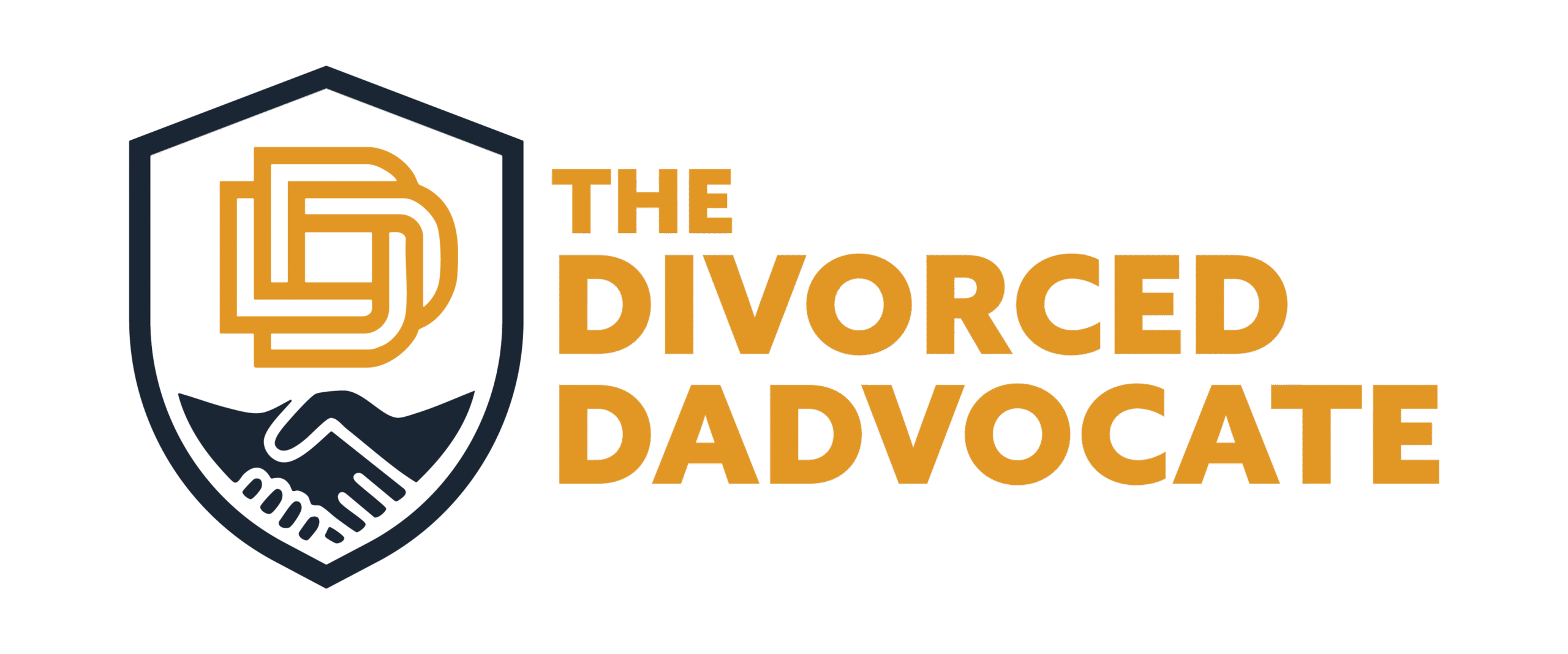Understanding Your Role in Relationship Dynamics for Success Post Divorce

As a divorced dad, navigating the aftermath of a failed marriage can feel like traversing uncharted waters. Yet, amidst the challenges and heartaches lies an invaluable opportunity for growth and self-reflection. One of the most crucial aspects of this journey is understanding your role in the relational dynamics that led to the breakdown of your marriage. By acknowledging and learning from these dynamics, you pave the way for healthier co-parenting and personal growth. Here are ten key points to consider:
- Self-Reflection: Take the time to introspect and identify patterns of behavior or communication styles that contributed to the marital discord. For instance, did a codependent dynamic develop, where one partner excessively relied on the other for validation and emotional support, leading to resentment and imbalance?
- Ownership of Actions: Accepting responsibility for your role in the relationship dynamics is pivotal. This could involve acknowledging instances where you may have enabled codependency by prioritizing your partner’s needs over your own, or by avoiding conflict to maintain a false sense of harmony.
- Empathy Towards Your Ex-Spouse: Cultivate empathy by considering your ex-spouse’s perspective and experiences. Recognize that they also played a part in the relationship dynamic, and understanding their struggles with codependency can foster compassion and cooperation in co-parenting.
- Communication Skills: Improve your communication skills to break free from codependent patterns. This could involve setting clear boundaries and expressing your needs and feelings assertively, rather than resorting to passive-aggressive behavior or withdrawal.
- Setting Boundaries: Establish clear boundaries with your ex-spouse to break the cycle of codependency. This might include respecting each other’s autonomy and fostering independence in decision-making, even in co-parenting matters.
- Prioritizing the Child’s Well-being: Redirect focus towards the well-being of your child. By prioritizing their needs above any residual codependent tendencies or conflicts with your ex-spouse, you create a nurturing environment for their growth and development.
- Seeking Support: Don’t hesitate to seek support from friends, family, or a therapist to address codependency issues. Breaking free from codependent patterns often requires professional guidance and a supportive network.
- Forgiveness: Practice forgiveness towards yourself and your ex-spouse for any enabling or codependent behaviors. Holding onto resentment and guilt only perpetuates negative relationship dynamics, hindering your ability to move forward constructively.
- Flexibility and Adaptability: Be open to adapting to changing circumstances and adjusting your co-parenting approach as needed. Flexibility allows for healthier boundaries and promotes independence, crucial elements in overcoming codependency.
- Modeling Healthy Relationships: Recognize that your behavior serves as a model for your child’s understanding of relationships. By demonstrating boundaries, self-care, and mutual respect with your ex-spouse, you teach valuable lessons about healthy interdependence and individual autonomy.
In conclusion, learning and understanding your role in codependent relational dynamics is essential for fostering healthier co-parenting relationships and personal growth as a single dad. By embarking on this journey of self-discovery and reflection, you not only pave the way for a more harmonious co-parenting relationship but also lay the foundation for building healthier future relationships, both with your child and others in your life.






Responses